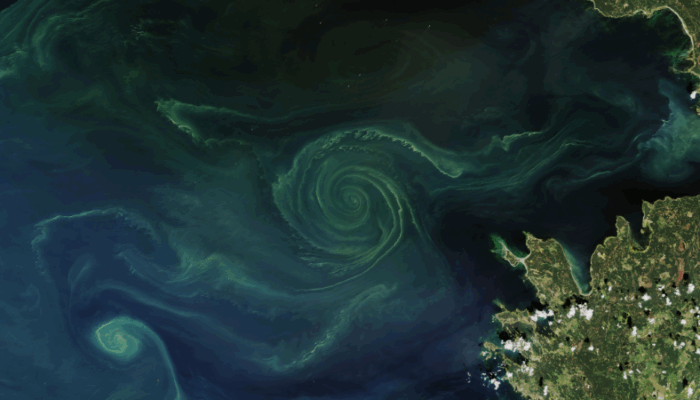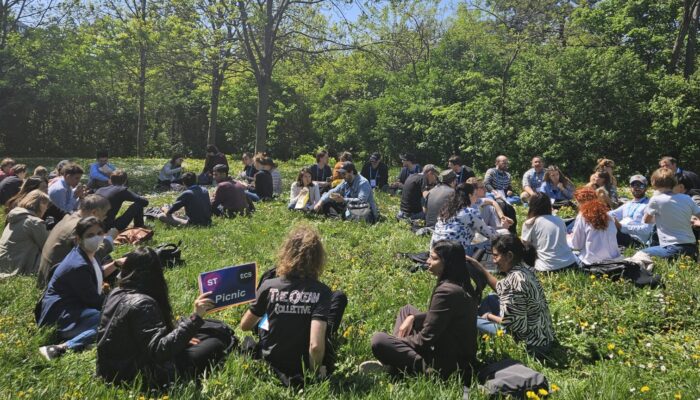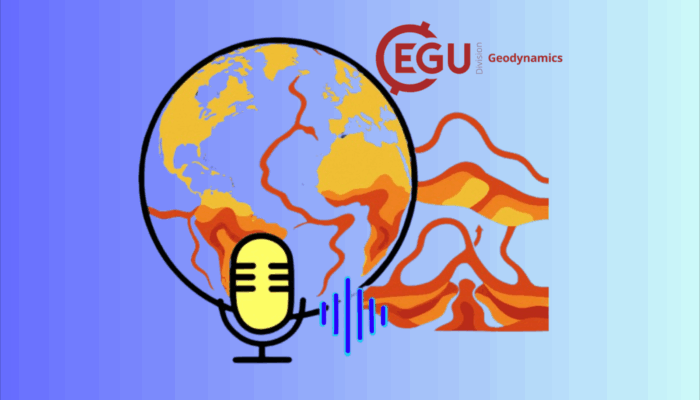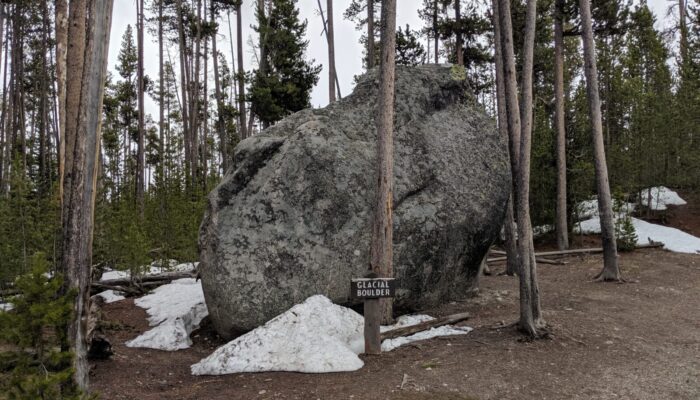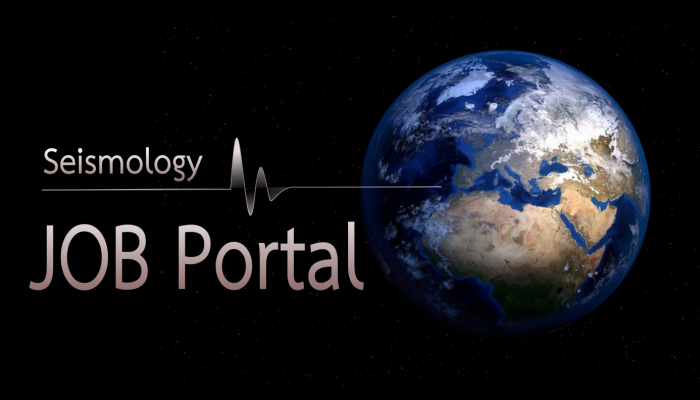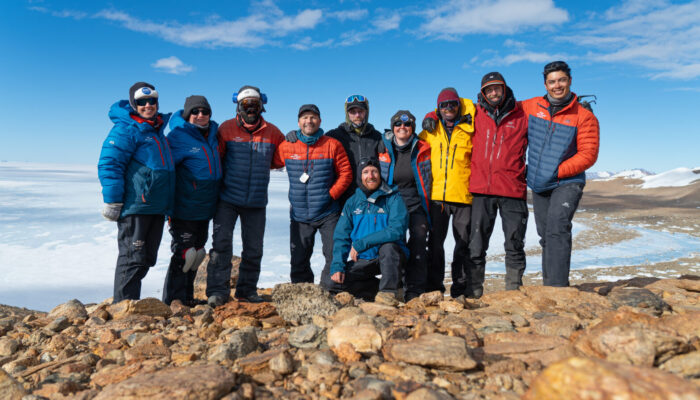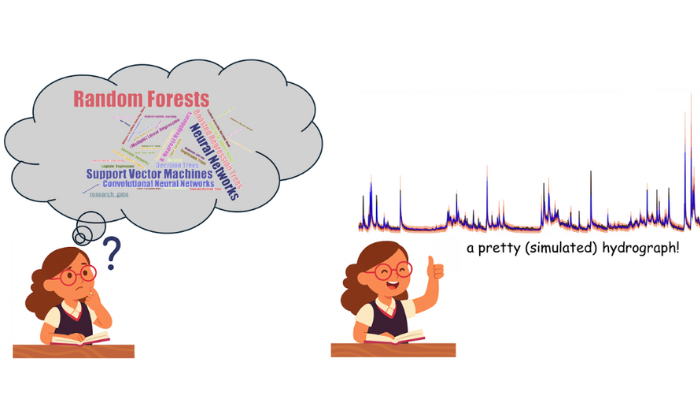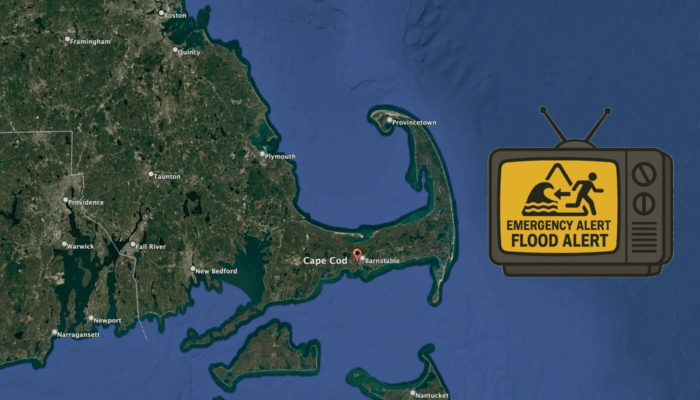Phytoplankton are tiny, single-celled organisms mainly found in the ocean’s sunlit surface, where they grow through photosynthesis, forming the marine food web’s base and regulating Earth’s climate by absorbing carbon dioxide. Their seasonal growth cycles—known as “blooms”—drive marine productivity and influence everything from carbon uptake to food security. But how can we track ...[Read More]
Solar-Terrestrial Sciences
A Week to Remember: My EGU 2025 Experience
Vienna transformed into a buzzing hub of scientific exchange as the European Geosciences Union (EGU) General Assembly (GA) 2025 took place from 27 April to 2 May. Over 20,000 scientists from 120 countries gathered to share groundbreaking research across the Earth, planetary, and space sciences. Attending the GA for the first time as part of the Early Career Scientists (ECS) Team of the Solar-Terre ...[Read More]
Geodynamics
Shaping the Future of EGU Geodynamics: A Conversation with the Incoming President
Every leadership transition marks the beginning of a new chapter, bringing fresh perspectives, new priorities and opportunities for growth. This year, the EGU Geodynamics Division warmly welcomes Professor Laetitia Le Pourhiet as its new president. A renowned researcher at the Institut Universitaire de France and Sorbonne Université, Prof. Le Pourhiet steps into the role with a clear vision for th ...[Read More]
Climate: Past, Present & Future
The rabbit and the tortoise – what does a glacial cycle need to be a glacial cycle?
The climate is not what it used to be and it will never be the same again. This is what the models say. Where does this knowledge come from? In short, we learn it from the clues that nature left on the planet since its formation. And it is precisely with these observations where our story begins. Since the beginnings of mountaineering, many visitors of the Alps and other mountain ranges have wonde ...[Read More]
Seismology
Seismology Job & Career Portal
On this page, we regularly update open positions in Seismology for early career scientists. Do you have a job on offer? Contact us at ecs-sm@egu.eu Since now, we also occasionally share information about schools and workshops. Please, note that other available research positions are displayed on the EGU Jobs Portal. We invite you to explore previous job posts, since some offers listed there may be ...[Read More]
Geodesy
A Brief Recap of EGU GA25
Thank you all for an amazing EGU General Assembly (GA) this year! If you missed EGU25 or some of the events we organised, here’s a recap so you can stop wondering how it went and get an idea of what to expect next year. We started our week with the online division meeting on Wednesday before the general assembly, as is our tradition. We have made some significant changes within the division team a ...[Read More]
Cryospheric Sciences
A Scientific Quest from Australia to Antarctica
In this week’s blog, Levan Tielidze tells us about his participation in a scientific expedition to Dronning Maud Land, Antarctica, during the 2024–2025 field season. The journey, commencing in Australia and passing through South Africa, led him to the “surreal” and “awe-inspiring” Antarctic landscape. The team, a collaborative effort from Monash University, and the Un ...[Read More]
Geodynamics
The Sassy Scientist – Good day to fight the system academic edition
I’m still recovering from the Glastonbury festival of geosciences. What was the question again? Unrealistic expectations… Ah, wait. Found it. So Amina asks: Why is there an implicit expectation for postdoc mobility? Dear Amina, Why did you have to choose this question? My short answer is, it’s like you are stuck in quicksand. But I know you’re going to ask me WHYYY and expect a real answer. Fine. ...[Read More]
Hydrological Sciences
How to Keep Up with ML Developments – A Few Hints
Keeping up with current Machine Learning (ML) developments in hydrology can seem like a never-ending game of catch-up! Instead of drowning yourself in a heap of scientific publications, here are a few practical hints to help you stay ahead in the ever-evolving intersection of ML and hydrology. Hint 1: Surround Yourself with Experts and Like-Minded ML Enthusiasts When questioned about how they keep ...[Read More]
Natural Hazards
Be prepared, don’t be scared: Early Warning System Test during Thanksgiving on Cape Cod
This week I think back on my time in the United States of America, where I was able to spend the holiday season. In North America, “fall” marks the beginning of this holiday season, and symbolises a time filled with traditions of togetherness that transcends regions. In New England, particularly in the state of Massachusetts, the season is synonymous with crisp air, vibrant foliage, and the celebr ...[Read More]

